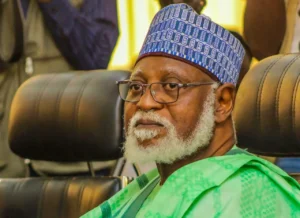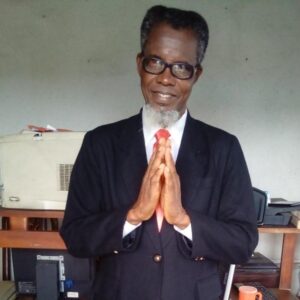THE DUALITY OF EXISTENCE: UNDERSTANDING THE ROLES OF GOD AND THE DEVIL

The question posed by the individual reflects a deep-seated curiosity about the nature of good and evil, the existence of divine and malevolent forces, and the implications of these beliefs on human behavior. To explore this topic, we must first consider the philosophical and theological underpinnings of the concepts of God and the Devil, their roles in human life, and the implications of free will.
The Existence of the Devil
The Devil, often personified as the embodiment of evil, temptation, and rebellion against divine order, is a figure found in various religious traditions. In Christianity, the Devil is typically associated with Satan, a fallen angel who opposes God and seeks to lead humanity astray. However, the existence of the Devil is not universally accepted; many philosophical perspectives argue that evil is not a separate entity but rather a consequence of human choices and actions.
From a psychological standpoint, the concept of the Devil can be seen as a metaphor for the darker aspects of human nature—greed, hatred, and selfishness. In this view, the Devil represents the internal struggles individuals face, rather than an external force acting upon them. This perspective aligns with the idea that humans are their own driving causes, responsible for their actions and the consequences that follow.
The Role of God
God, in contrast, is often viewed as the ultimate source of goodness, love, and moral order. In many religious traditions, God is seen as a guiding force, offering wisdom and support to those who seek a righteous path. However, the existence of God is also a matter of personal belief. For some, God is a comforting presence, while for others, the concept may seem abstract or even unnecessary.
The relationship between God and humanity is complex. Many believe that God grants humans free will, allowing them to make choices that can lead to spiritual growth or moral failure. This freedom is essential for genuine love and devotion; without the ability to choose, faith would be devoid of meaning.
The Interplay of Good and Evil
The dynamic between God and the Devil raises important questions about the nature of good and evil. If we accept the existence of both, we must consider how they interact within the human experience. The Devil’s role, in this context, can be seen as a catalyst for personal growth. By facing temptation and overcoming it, individuals can strengthen their character and deepen their understanding of virtue.
Conversely, the idea that the Devil exists to keep people away from God suggests a more sinister purpose. If the Devil’s goal is to lead humanity astray, then the challenge becomes recognizing and resisting those influences. This is where the concept of self-awareness and personal responsibility comes into play. Individuals must cultivate the ability to discern between good and evil, making conscious choices that align with their values and beliefs.
Living Free from Religious Entanglements
In a world where religious beliefs can sometimes lead to division and conflict, the idea of living free from religious entanglements is appealing to many. This does not necessarily mean abandoning spirituality or moral principles; rather, it suggests a more personal and individualized approach to understanding existence.
By focusing on personal ethics and values, individuals can navigate the complexities of life without being bound by dogma. This approach encourages critical thinking, self-reflection, and a commitment to living authentically. It allows for a diverse range of beliefs and practices, fostering a sense of community based on shared human experiences rather than rigid religious structures.
Conclusion
The existence of the Devil and the nature of God are profound questions that have intrigued humanity for centuries. Whether viewed as literal entities or metaphorical representations of good and evil, their interplay shapes our understanding of morality and free will. Ultimately, individuals are responsible for their choices, and it is through self-awareness and personal growth that they can navigate the complexities of existence.
In a world that often feels divided by religious beliefs, embracing a more personal and inclusive approach to spirituality can lead to greater understanding and harmony. By recognizing the duality of existence and the power of individual agency, we can cultivate a more compassionate and enlightened society, free from the entanglements that often accompany rigid dogma.




